Like this post? Help us by sharing it!
John is a travel consultant in our office in Boulder, Colorado, and spent several years living in Japan while in the US marines. Here, he gives his smokers’ guide to Japan. Be warned, it’s not as straightforward as it sounds!
According to OECD data, smoking as a percentage of population has been steadily declining in most developed countries for many years. Japan has always been one of the world leaders in smoking, however, with over 35% in 1993 vs. just over 20% for the US in the same year. But while Japan has historically been one of the most smoker-friendly countries in the world, it has also experienced the largest per capita decline over the last two decades compared with its Western counterparts.
Of particular note is the fact that a large portion of the Japanese public seems to be more mobilized against smoking than their corresponding movements in the US and other countries. I make this valuation not in terms of supporters or dollars committed to the cause, but based solely on the fact that these anti-smokers even exist despite having been confronted by one of the most entrenched smoking cultures in history.
Below is the “No-Smoking Patrol” in the Adachi Ward of Tokyo out to defend the public against the pernicious blight of businessmen taking nicotine-enhanced coffee breaks.
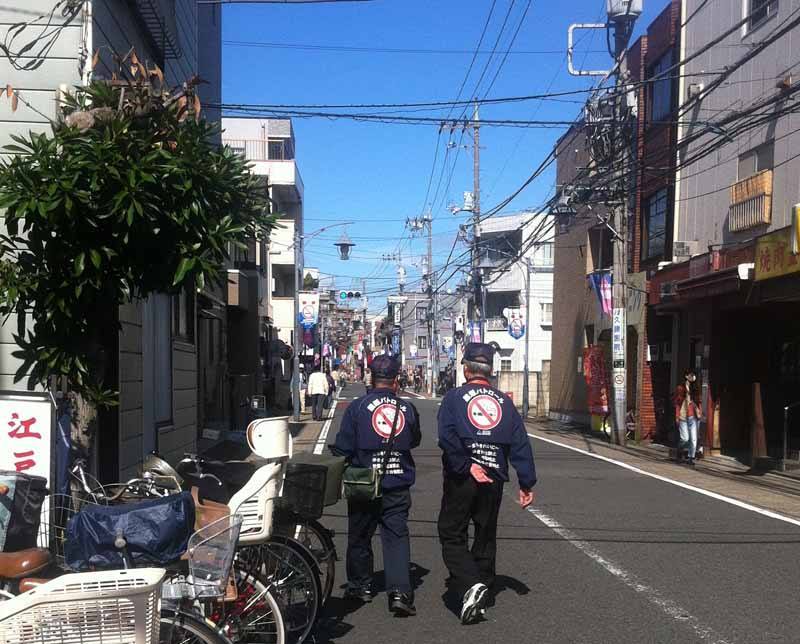
Remember, this is a country for which cigarette smoking was practically an ethic not too long ago. In 1984, Japan’s new Minister for Health and Welfare, Kozo Watanabe, was quoted as saying that “smoking is the basis of my good health”, reporting that he smoked 80 cigarettes (4 packs) per day when he was on the election trail. This was the golden age; the smokers’ paradise.
In 2009 I got off the plane, checked into my first unit, and found myself on a 12-hour night shift for two weeks in support of a military training exercise. After a good 20 hours of sleep and a hot shower, I stepped foot into my first Japanese bar. I couldn’t believe my luck. I was free–at long last my beer and my cigarette need not be separated in public ever again.
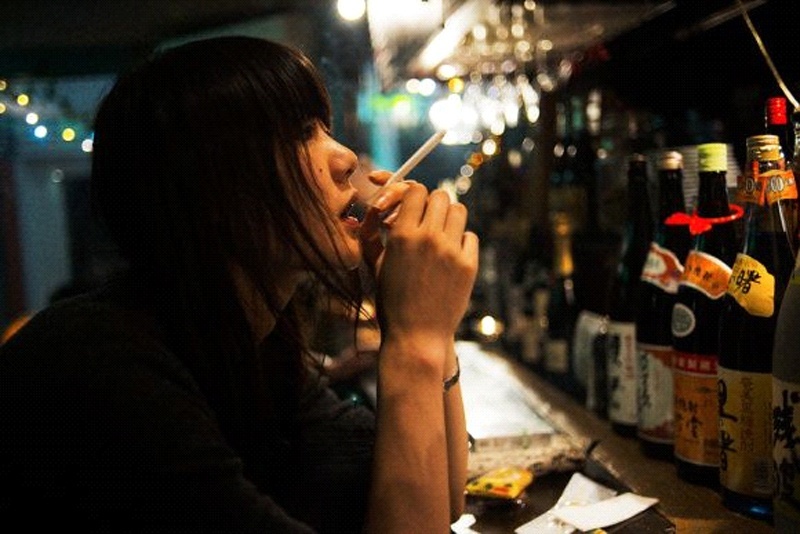
Of course after a while, I realized that the anti-smoking agenda had penetrated just as deeply into Japanese life as in any Western country, but in very different ways. I found that while private establishments exercised their own discretion regarding smoking, public places were strangely restrictive. It seemed (especially when I revisited in 2015) that no matter where I walked I just couldn’t find a safe corner in which to indulge. Everywhere I went I was pursued by the polite reminder that this was a non-smoking street–a very foreign concept to me at the time.
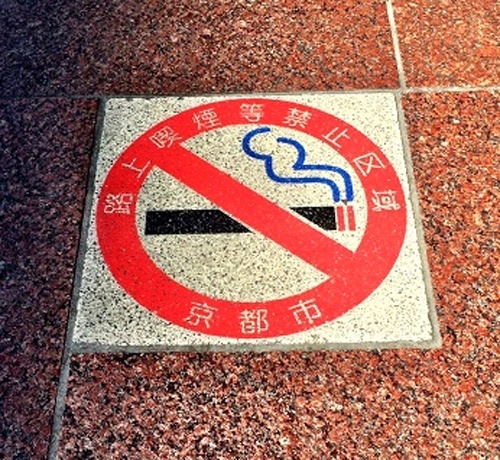
Contrary to the top-down approach adopted by the UK and many jurisdictions in the US, Article 25 of Japan’s Health and Welfare Act does not mandate any sort of indoor smoking ban. Instead, it grants local administrations, private business owners, and employers the right to determine their own policy in the matter. It simply issues a toothless recommendation to curtail smoking.
The hands-off approach of the Japanese government provides an interesting example of an anti-smoking movement attempting to influence markets through grassroots organizing rather than through use of force.
The reason might be (simplistically) that the Japanese government owns a third of the shares of Japan’s largest tobacco producer (Japan Tobacco, 日本たばこ産業株式会社). Whatever anyone’s feelings about that, the results are interesting.
In my experience, the result was that while every bar, cafe and nightclub was a smoky paradise, I probably could have quit smoking for the frustration of scouring some of the more hostile areas of Japan looking for the elusive outdoor smoking area:
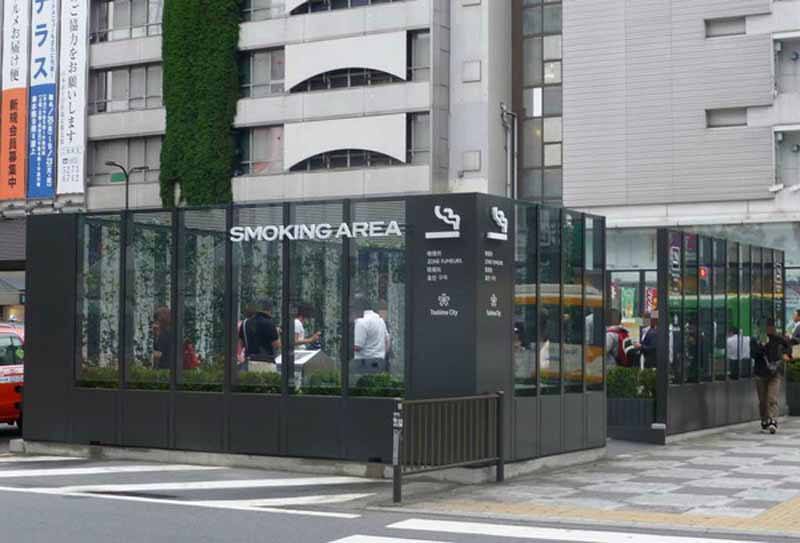
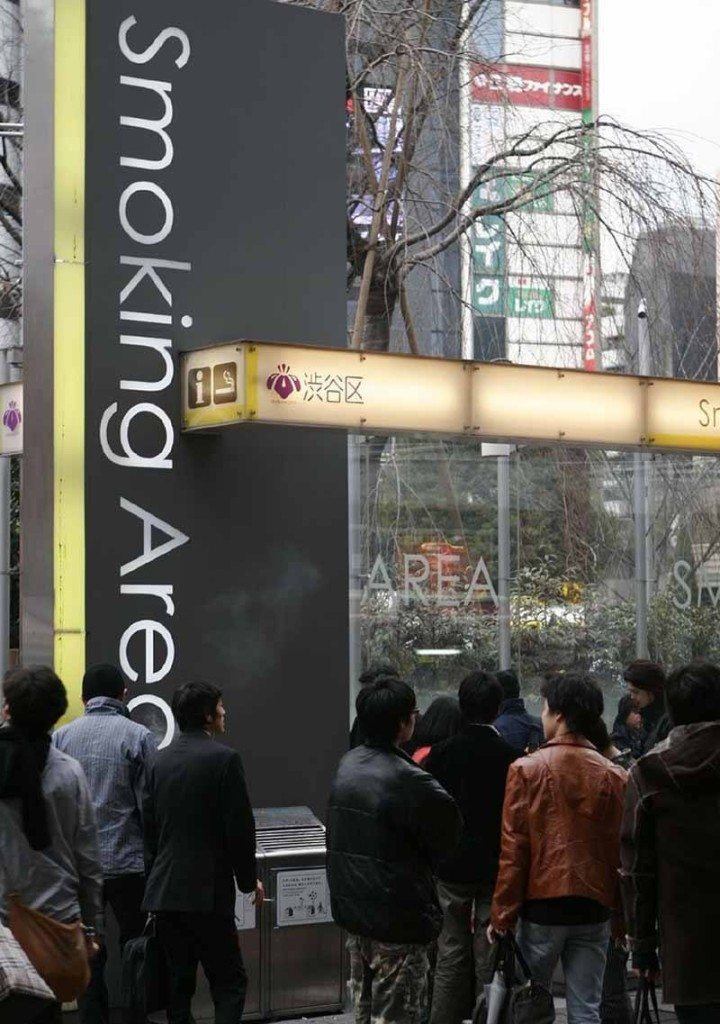
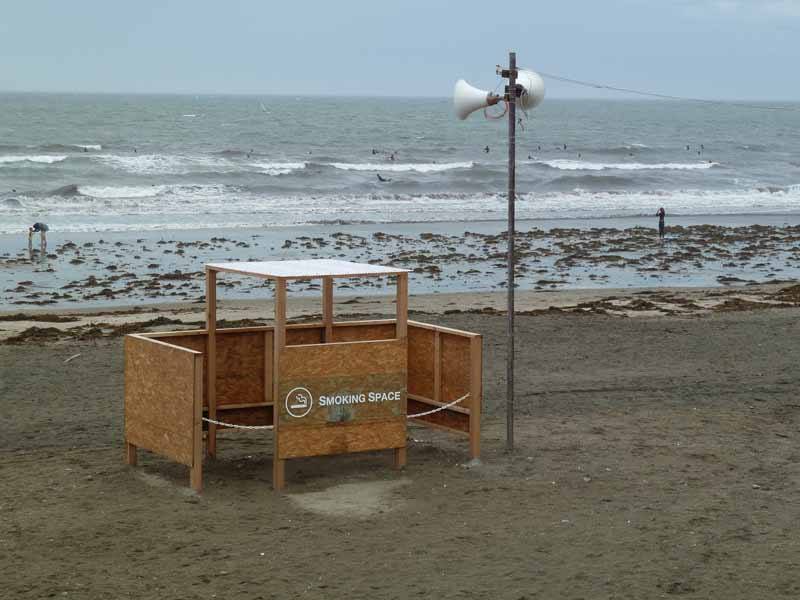
As far as I could tell the entire city of Kamakura had two. This is probably not true, but it sufficed as a focus for my nicotine-deprived rage at the time.
After a while, though, I began to respect the fact that the market, not the government, was clearly in operation here (their motivations probably being coloured somewhat by their business interests).
While the average, American anti-smoking activist in the good old 1990’s might have been most enraged by the cosy corner bar with its cheerful community of smokers puffing away and playing pool; private establishments are not an easy target without the support of a national or regional government. Tricky objections such as “Sorry, I actually own this building” can only be overcome by the highest courts. Instead they would have to start with already sympathetic community organizations and city councils – which generally only have control of parks, roads, and other public spaces.
To me it seemed that the Japanese are genuinely (and rightly) concerned about the danger to average people by indiscriminate and inconsiderate smokers. However, it didn’t seem to me that they were so much interested in (or perhaps systemically not being effective at) regulating how individuals run their businesses. The local izakaya (Japanese-style pub) needn’t kick their regulars out into the cold when they want a drag, while Starbucks is definitely in a market where it makes sense to ban smoking.
Instead the Japanese government sets up locations where it’s safe to smoke in public and where it won’t create conflict. They even have a “good smoker” or “smoker manners” campaign, the goal of which is either to creep people out or, more likely, educate people that when you’re in public, you should show a little consideration and self-restraint:
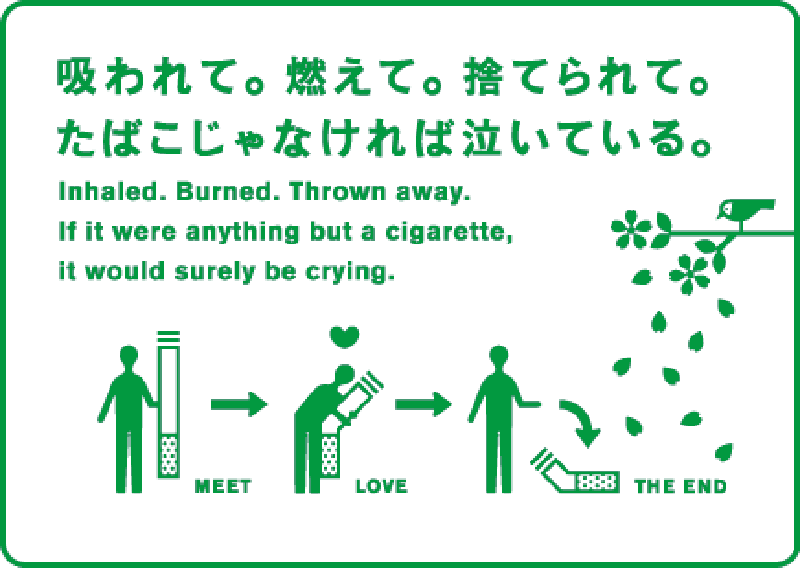
Many are strange or nearly unintelligible, and I’m sure there’s a whole other discussion on who the audience for these might actually be and what their actual purpose is. It’s obvious to me, however, that one purpose at least is just plain common courtesy:
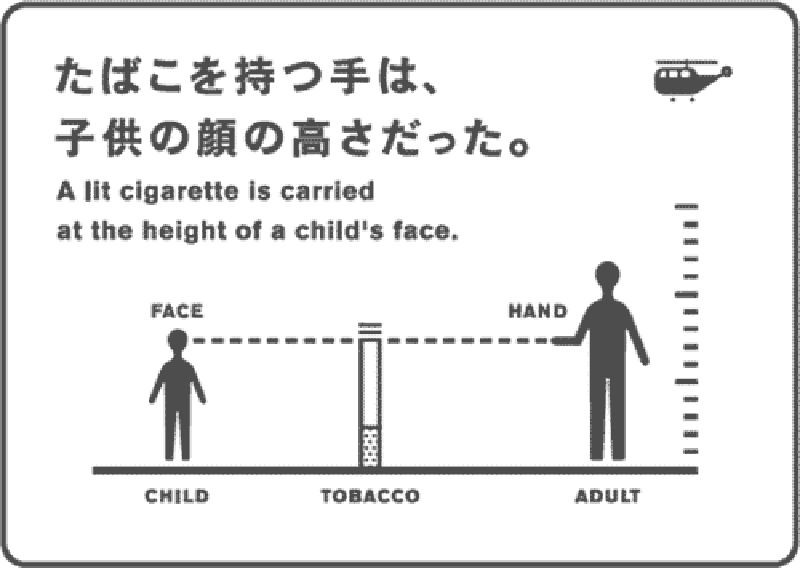
I like this approach. It’s non-invasive of peoples’ private or pub life; it speaks to the actual issues; it makes valid points.
Is smoking harmful? Yes–to both smokers and bystanders. Is a cigarette exactly what’s needed after the second pint? Hell yes. If you travel to Japan, this basic truth of the universe will not change, but the strategies that the Japanese people use to navigate the inherent conflict within this truth are different than many of us are used to. As such it’s worth learning a thing or two before you head out.
If you’re a smoker heading out to Japan – or just a non-smoker who wants to avoid Japan’s smoking hotspots – any of our travel consultants will be able to help. Just get in touch to find out more.

